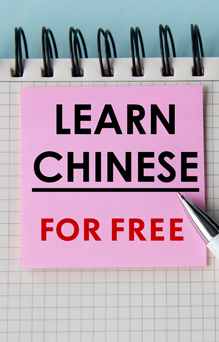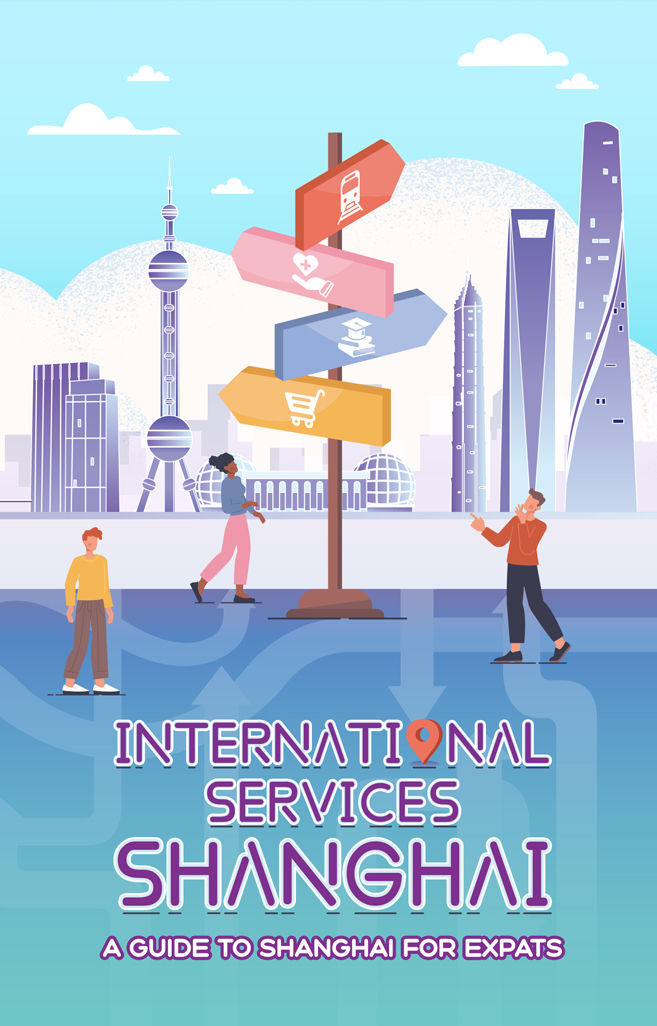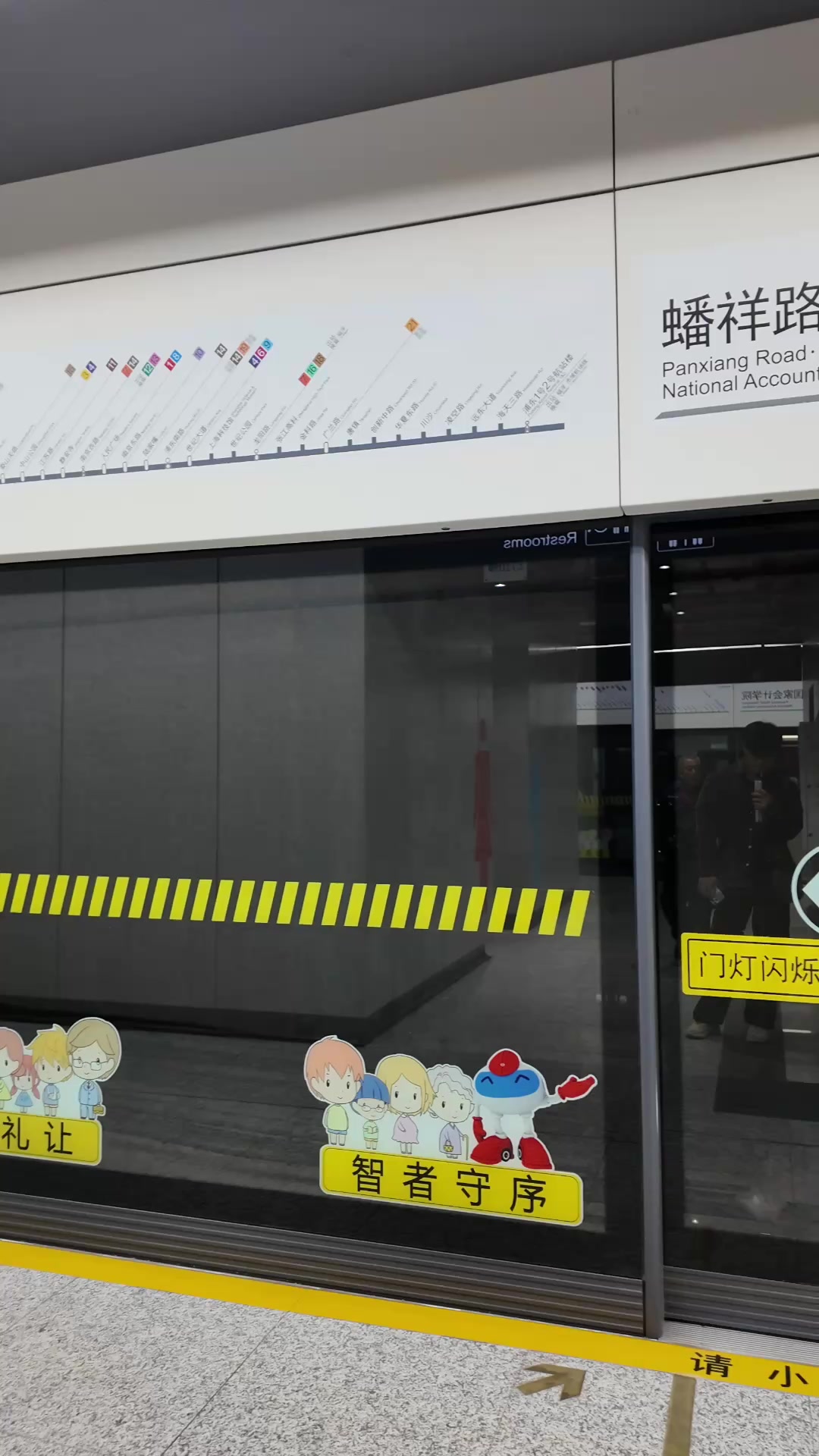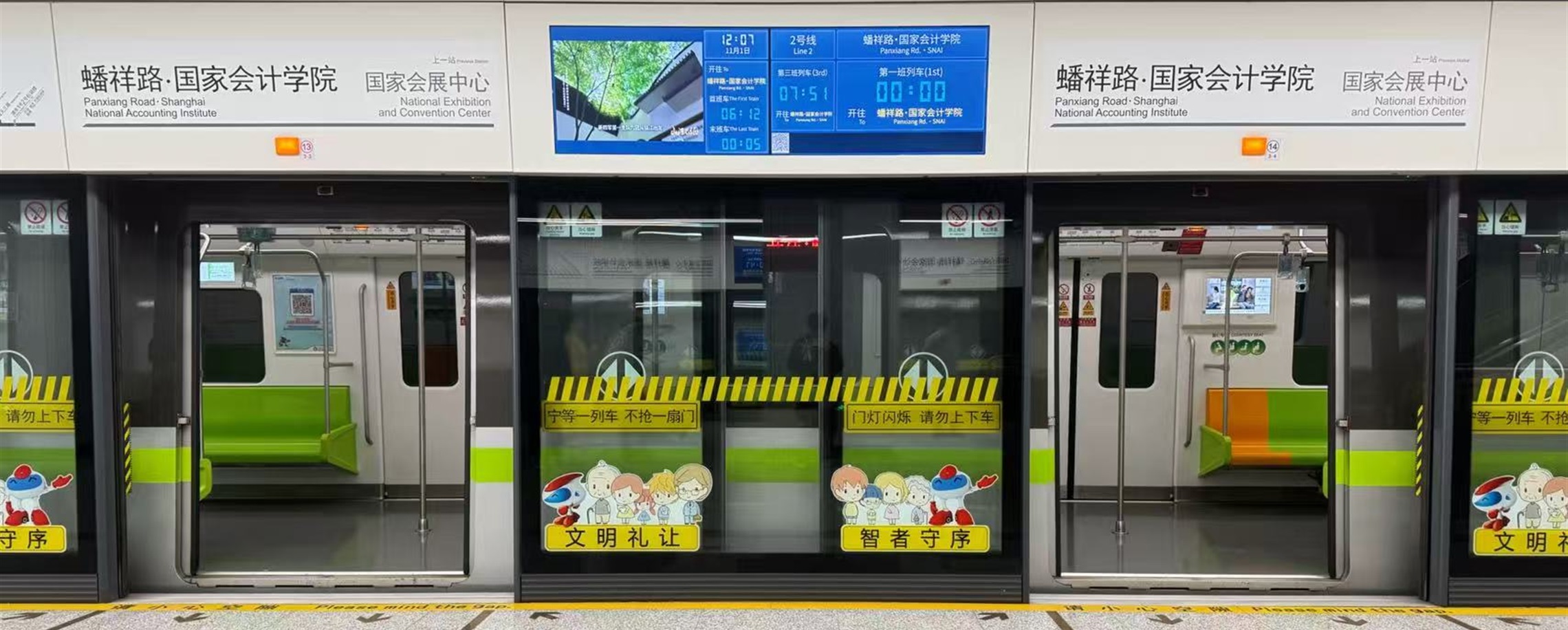Silk Road Performing Arts Festival, Experimental Theater Festival Open in Shanghai
The 2025 Silk Road Traditional Performing Arts Festival and the 13th Shanghai International Experimental Theater Festival opened on October 28 at the Experimental Theatre of the Shanghai Theatre Academy.
Co-hosted by the Shanghai Theatre Academy and the Network for Higher Education in the Performing Arts, the twin events gathered artists, scholars, and representatives of art organizations from across the globe to celebrate this cross-cultural feast of performance and creativity.
The opening ceremony began with "Silk Road Melodies," a showcase of outstanding excerpts from traditional performing arts of China and abroad. Artists from the Central Academy of Drama, Yunnan Arts University, Sunway University (Malaysia), Anatta Theatre Troupe (Thailand), and the Shanghai Theatre Academy shared the stage, using body and emotion to transcend language barriers and vividly portray the image of multi-cultural integration.

Huang Changyong, vice Party secretary and president of the Shanghai Theatre Academy, presided over the ceremony. He reviewed the festival's achievements since its inception in promoting international artistic exchanges and deepening intercultural dialogue, and expressed heartfelt thanks to all institutions and individuals who have supported the event.
Jessica Kaahwa, president of the International Theatre Institute (ITI), remarked in her speech that art is a bridge connecting different civilizations. Since ITI relocated its headquarters to Shanghai in 2015, it has worked closely with the Shanghai Theatre Academy and the Network for Higher Education in Performing Arts to advance global performing arts. She emphasized that "tradition is not a relic of the past, but a living current flowing toward the future," and expressed her hope that the event would become a platform for cultural exchanges and creative innovation.
In his welcome address, Xie Wei, Party secretary of the Shanghai Theatre Academy, noted that the Belt and Road Initiative serves not only as a bridge for economic cooperation but also as a vital link for cultural and people-to-people exchanges. He stated that, as the academy approaches its 80th anniversary, it will continue to promote openness, integration, and innovation in arts education, exploring new modes of expression and dissemination for traditional performing arts in the modern era.
Toh Lim Mok, president of the Nam Hwa Opera Company (Singapore), spoke on behalf of the participating performing groups. He shared the company's experience in preserving and revitalizing Teochew opera overseas and thanked the Shanghai Theatre Academy for its support in artistic creation and international collaboration. He expressed hope that the Silk Road Arts Festival will continue to provide a platform for showcasing and exchanging traditional art forms from around the world.

In a moment filled with excitement and ceremony, Kaahwa, Xie, Toh, Xi Meijuan (vice chair of the China Federation of Literary and Art Circles and chair of the Shanghai Federation of Literary and Art Circles), Long Wanli (vice director of Shanghai's Jing'an District), and Ruan Jie (vice president of the China Shanghai International Arts Festival Center) jointly launched the twin festivals and posed for a commemorative photograph.
The second half of the opening event, "Harmonious Silk Road, Co-existing Civilizations," featured captivating performances by ensembles from China, Singapore, Malaysia, Thailand, Morocco, Kazakhstan and Mexico. The program included dance, puppetry, instrumental music, and martial arts, highlighting the diversity and innovative vitality of traditional performing arts in contemporary contexts.
Under the theme "Traditional Performing Arts: New Expression in the New Era," the event will run through November 3, presenting 18 productions by 11 troupes from 9 countries. A rich array of accompanying events – including master workshops, academic symposia, an international young scholars' forum, and public art exhibitions – will bring art into campuses and communities, fostering the contemporary transformation and global circulation of traditional performing arts.
This year's festivals not only offer a focused presentation of cultural achievements from Belt and Road countries, but also exemplify Shanghai's role as an international cultural hub – advancing Chinese culture onto the world stage and promoting mutual learning and coexistence among global civilizations.




In Case You Missed It...



